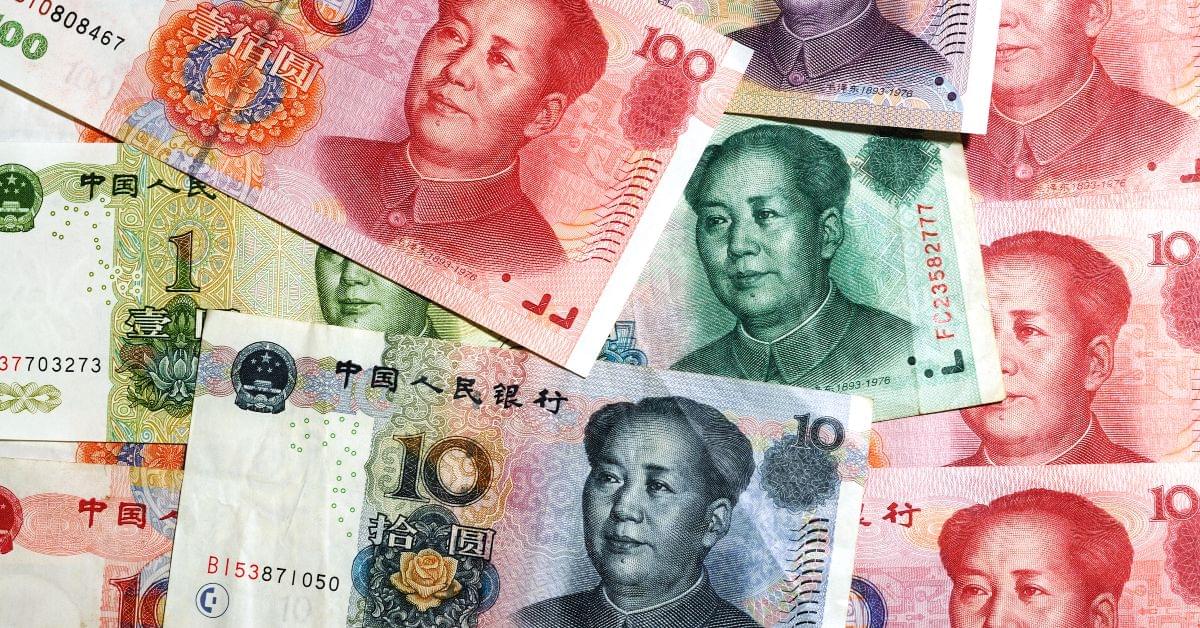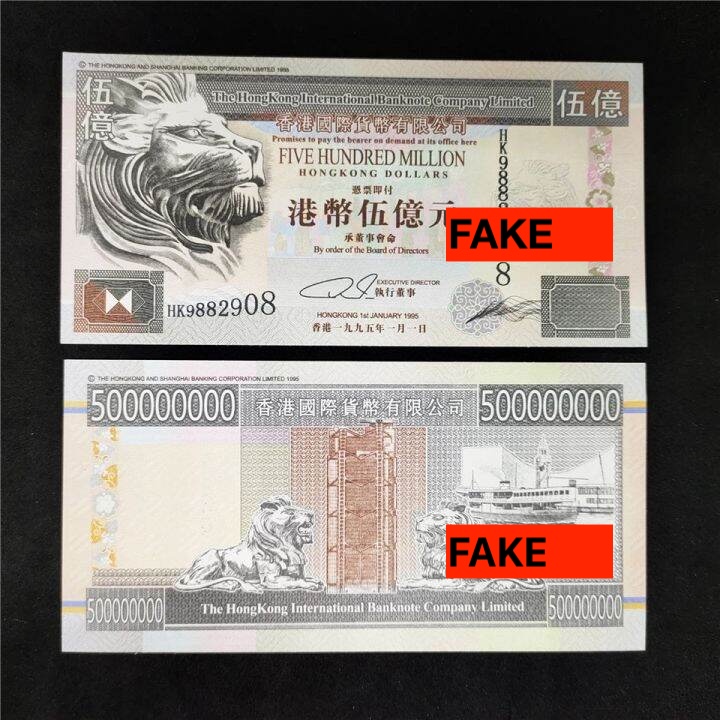The People’s Bank of China (PBoC) has taken bold action today, cutting the reserve requirement ratio (RRR) by 0.5 percentage points to 6.2%, lowering the policy interest rate by 0.1 percentage points to 1.4%, and trimming structural monetary tool rates by 0.25 percentage points. This move is expected to inject approximately RMB 1 trillion in liquidity, aiming to boost sluggish domestic demand and revive the struggling property market. However, concerns over renminbi depreciation loom large, potentially aggravating the ongoing US-China tariff war and doing little to deter a growing trend of foreign business withdrawals. Recent unconfirmed reports suggesting Coca-Cola’s exit from China have further unsettled the market.
Renminbi Devaluation Storm Looms
The rate cuts have further narrowed the US-China interest rate differential, with analysts predicting that the renminbi (RMB) may weaken from 7.2 to 7.3 against the US dollar, heightening capital outflow pressures. As the world’s largest offshore RMB centre, Hong Kong is experiencing heightened volatility in the CNH (offshore RMB) market, with corporates and banks scrambling to hedge currency risks. While the PBoC has vowed to stabilise the exchange rate through foreign exchange interventions and capital controls, speculative capital is already circling, and devaluation expectations are mounting.
The Hong Kong Monetary Authority (HKMA) issued a warning, noting that sharp RMB fluctuations could disrupt capital flows and place stress on the city’s Linked Exchange Rate System. The HKMA reaffirmed its US$400 billion in reserves is sufficient to defend the Hong Kong dollar’s 7.75–7.85 peg, though market sentiment remains tense.
Coca-Cola Exit Rumours Cause Stir
Rumours have spread rapidly on social media platform X, claiming that Coca-Cola plans to fully withdraw from the Chinese mainland, shut down its factories, and lay off tens of thousands of workers – even suggesting a joint boycott of China with Walmart. While the claims have not been officially confirmed and appear exaggerated, they reflect mounting anxieties over the exodus of foreign businesses.
Coca-Cola has operated in China for decades, maintaining a strong market presence through a vast production network and localised products such as low-sugar beverages. In 2023, China remained one of its key revenue contributors globally. However, amid the US-China trade war, supply chain diversification pressures, and weakening consumer demand, the company may be reconsidering its China strategy. Should the rumours prove accurate, this would mark another major exit in the wave of foreign company departures.
Monetary Policy Unlikely to Stem Foreign Exodus
The US-China trade conflict, geopolitical risks, and increasing regulatory burdens have already driven many foreign firms in tech and manufacturing to relocate to Vietnam, India, and other destinations. Can the latest rate cuts convince companies like Coca-Cola to stay?
- Short-Term Incentives: A weaker renminbi reduces production costs and may stimulate domestic demand, offering renewed appeal for foreign companies in sectors like beverages and retail. RRR cuts also lower financing costs and ease operational pressures.
- Long-Term Challenges: However, geopolitical tensions (e.g. US-China decoupling), supply chain security, and regulatory uncertainties – including data compliance – remain the core reasons behind foreign exits. Monetary easing alone is insufficient. Should the US impose 60% tariffs, a devalued RMB could be deemed “currency manipulation,” further inflating operating costs. Southeast Asia’s cost advantage also weakens China’s competitiveness.
Professor KC Chan of the University of Hong Kong commented, “Rate cuts may offer short-term breathing space, but they are unlikely to reverse the tide of foreign departures. While consumer giants like Coca-Cola may hold out due to market scale, China must enact deeper market reforms to restore investor confidence.”
Tariff Tensions Unlikely to Ease
While RMB depreciation may temporarily bolster Chinese exports and benefit Hong Kong’s re-export trade – which handles around 20% of China’s outbound shipments – it also raises import costs, fuelling inflation risks in both China and Hong Kong. Hong Kong’s retail and tourism sectors, especially those reliant on mainland visitors, may face rising prices.
Of greater concern is that a weakening RMB could anger the US, which may accuse China of using devaluation to bypass tariffs. This could revive accusations of “currency manipulation” and prompt further tariff hikes, particularly under a new US administration. Even if China ramps up imports of US agricultural and energy products to ease tensions, hopes for de-escalation remain dim amid growing protectionism and US policy uncertainties.
Hong Kong: Opportunity and Risk in the Eye of the Storm
As a key trade and financial conduit between China and the US, Hong Kong finds itself balancing opportunity and risk. Mainland stimulus measures and currency weakening have pushed up local equities in the short term, with property and consumer stocks leading the gains. However, an escalation in the tariff war or a broader foreign corporate retreat could hurt trade volumes and undermine the city’s logistics and financial sectors. Additionally, declining offshore RMB deposit appeal may dent banking revenues.
Professor Simon Lee of the Chinese University of Hong Kong warned, “RMB depreciation offers short-term benefits for Hong Kong, but the long-term impacts of trade conflict and foreign business withdrawal cannot be overlooked. Companies must act swiftly to manage risk and diversify into new markets.”
Uncertainty Ahead – Companies on High Alert
RMB depreciation appears to offer little relief from US-China trade tensions or foreign company departures – and may even exacerbate them. Though Coca-Cola’s withdrawal has not been confirmed, the speculation underscores foreign investors’ increasingly complex relationship with the Chinese market. The PBoC must now walk a tightrope between stimulating the economy and stabilising the exchange rate, while Hong Kong must brace for volatility in capital flows and trade patterns.
Firms should actively deploy FX hedging strategies, accelerate expansion into emerging markets such as Southeast Asia, and closely monitor whether Beijing is prepared to introduce structural reforms to retain foreign investment.
With US-China trade negotiations in flux and Coca-Cola’s intentions unclear, Hong Kong’s role as a regional hub faces unprecedented uncertainty. All eyes are now on the next moves by China’s central bank – and Washington’s trade response.




